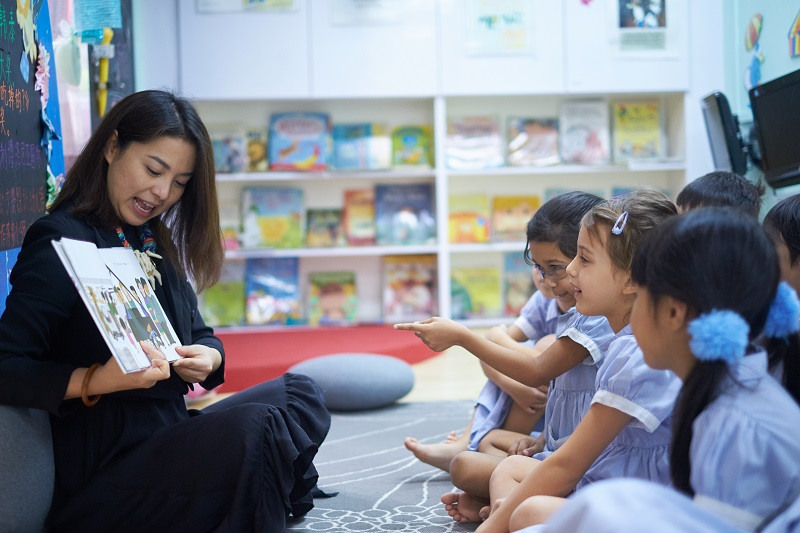
As a parent, you have a lot of things on your mind.
As your child grows, the topic of his/her preschool education comes to mind and before you know it, you have decided to get your child started on his/her preschool learning journey.
With this, you entrust your child to the care of his/her preschool teachers who will spend a better half of the day with the children in preschool.
We spoke to some of our preschool teachers – and here’s what they have to share with parents for a successful parent-teacher partnership.
We are watching and learning
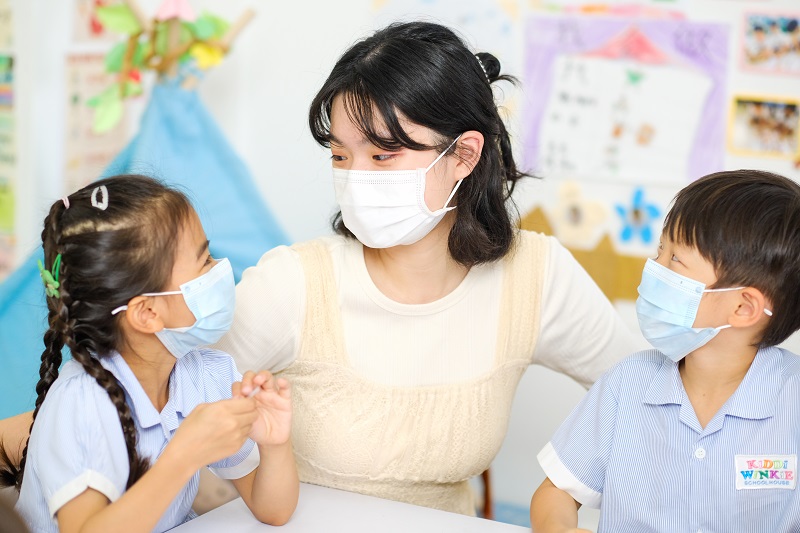
Your child's preschool teacher is watching a lot of things.
How your child interacts with peers
At school, your little one is surrounded by other kids their age, which means they're bound to have some very important interactions with their peers.
The teacher is on the lookout for how well your child plays with other kids, how they handle conflict and disagreements, and if they are able to take turns. These are all important developmental milestones that will help them in kindergarten and beyond!
How your child interacts with his/her environment
In addition to observing how your toddler interacts with others around him or her, teachers also love observing what interests he or she has during playtime. This can be anything from building blocks to trains or cars—whatever grabs their attention!
As long as it doesn't distract from learning (like being too loud), we think it's great when children are curious about different things around them!
We want your input
As preschool teachers, we want to hear from you.
We want to know what your child is doing at home, and how you think they’re doing. We may not be able to observe every aspect of their day-to-day life with you, so this gives us a chance to see what we may have missed or overlooked in the classroom.
Second, it also gives us insight into what skills your child needs extra practice on before moving forward in our curriculum. Perhaps they need more time working with letters or numbers before moving on to words. If so, feel free to let us know! It can be difficult for even the most seasoned teacher if they don’t know there is an area that needs extra attention until it happens in the classroom (or worse – after).
Lastly, sharing these details helps us put together a plan for how best meet your child's needs while still teaching them all the other important things preschoolers should learn."
Readiness is not black and white
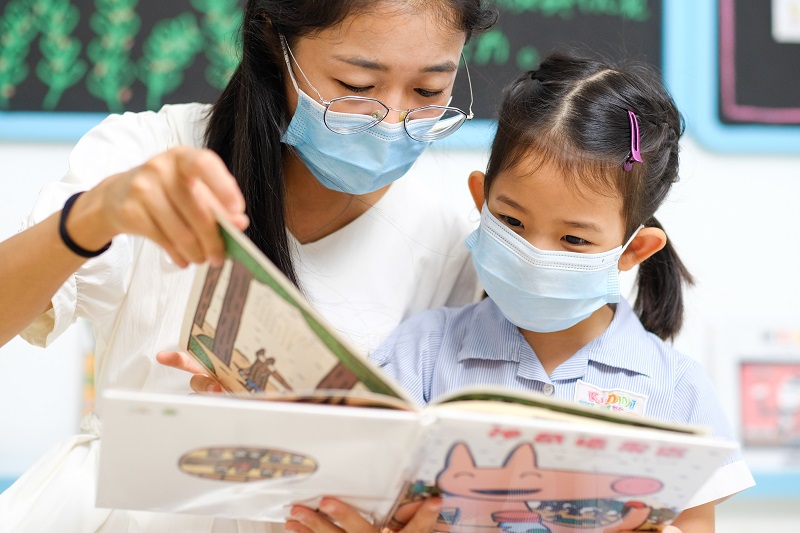
There is a common misconception that children are either ready or not for preschool, and this is simply not the case. The academic readiness of children varies greatly, and it’s important for parents to understand that their child may be more advanced in some areas than others.
If your child is already reading at home, that is a great first start to raising an active learner.
If your child is a good listener who has mastered sharing toys with her friends, she might be ready for preschool—but if she doesn’t know how to share yet, don’t worry! She still has plenty of time left before she needs to learn those skills in school.
And if your son loves playing pretend games like role-playing as a doctor (or an astronaut) or if your daughter loves making crafts with paper plates and glue sticks? She'll probably love preschool too!
We have our own concerns about school readiness
Teachers are concerned about children's readiness for preschool too. This includes their language development, social and emotional development, physical development, and knowledge of the world around them (the things we expect your child will be learning at home).
We know that this can be a stressful time for parents as well as teachers—we all want what's best for our kids! But if you have any concerns about your child's school readiness or anything else related to preschool attendance, please don't hesitate to reach out to us. We're here to help.
The preschool years are a critical time for language development
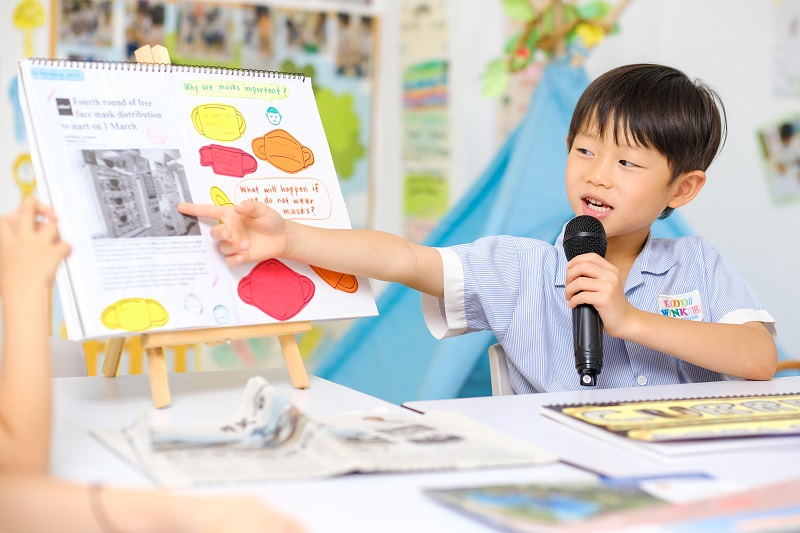
Your child’s preschool years are the most important time for language development, and that can be a little scary for parents. If you think about it this way, though: After your child leaves preschool, their primary school teachers will be responsible for helping them become proficient in reading, writing and math. As their parents, you want to do what you can to help prepare them for that transition—and language is key!
It's also important to remember that language is crucial in other areas of development too. For example, early literacy skills (like knowing how letters sound) are often linked with later academic success—so boosting your child's vocabulary now could pay off in later grades!
Additionally, peer relationships are an important part of school life—and developing good social skills requires being able to communicate clearly with others using words they understand well enough not just now but also months down the line when they're trying hard not only because they'll need better grades themselves but also because if there isn't someone else doing better than them then no one will respect them as much either...
Preschool teachers want to work with parents to help their children learn and grow.
Preschool teachers are your child's first teacher, and they are experts in early childhood development. They are concerned about the same things that you are: how well your child is learning new skills, how your child interacts with others, and whether or not your child is happy at school.
Preschool teachers have a lot of experience working with young children and understanding their developmental needs. If you're looking for someone to talk to about parenting questions or concerns—or just want some advice on how best to support your child's development—your preschool teacher is a great resource!
We want only the best, so let's work together!
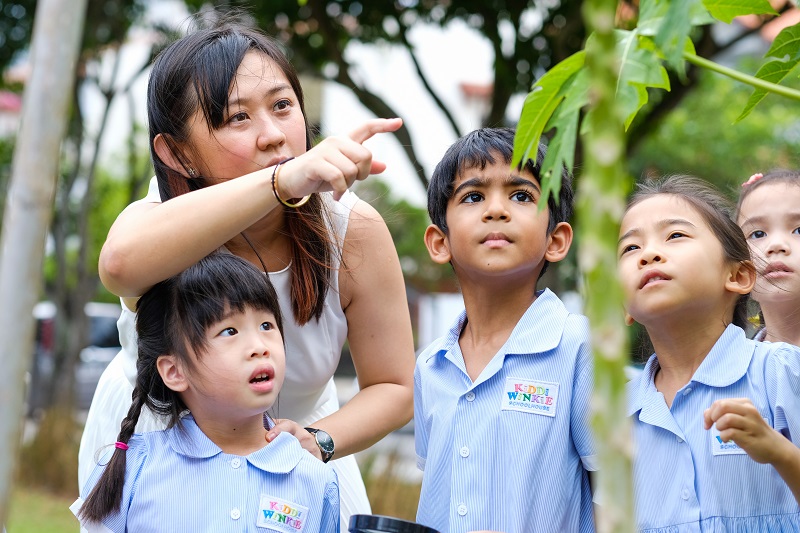
As you can see, a lot of what preschool teachers do is about helping children develop the skills they need to succeed in school and in life. We want our students to be ready for the school years ahead, but we also know that readiness isn’t just about academic skills.
It’s also about social and emotional development—things like being able to sit still and listen for long periods of time or recognising the difference between right and wrong. We believe that the best way to teach kids these things is by working closely with their parents so that everyone knows what they need from each other.





